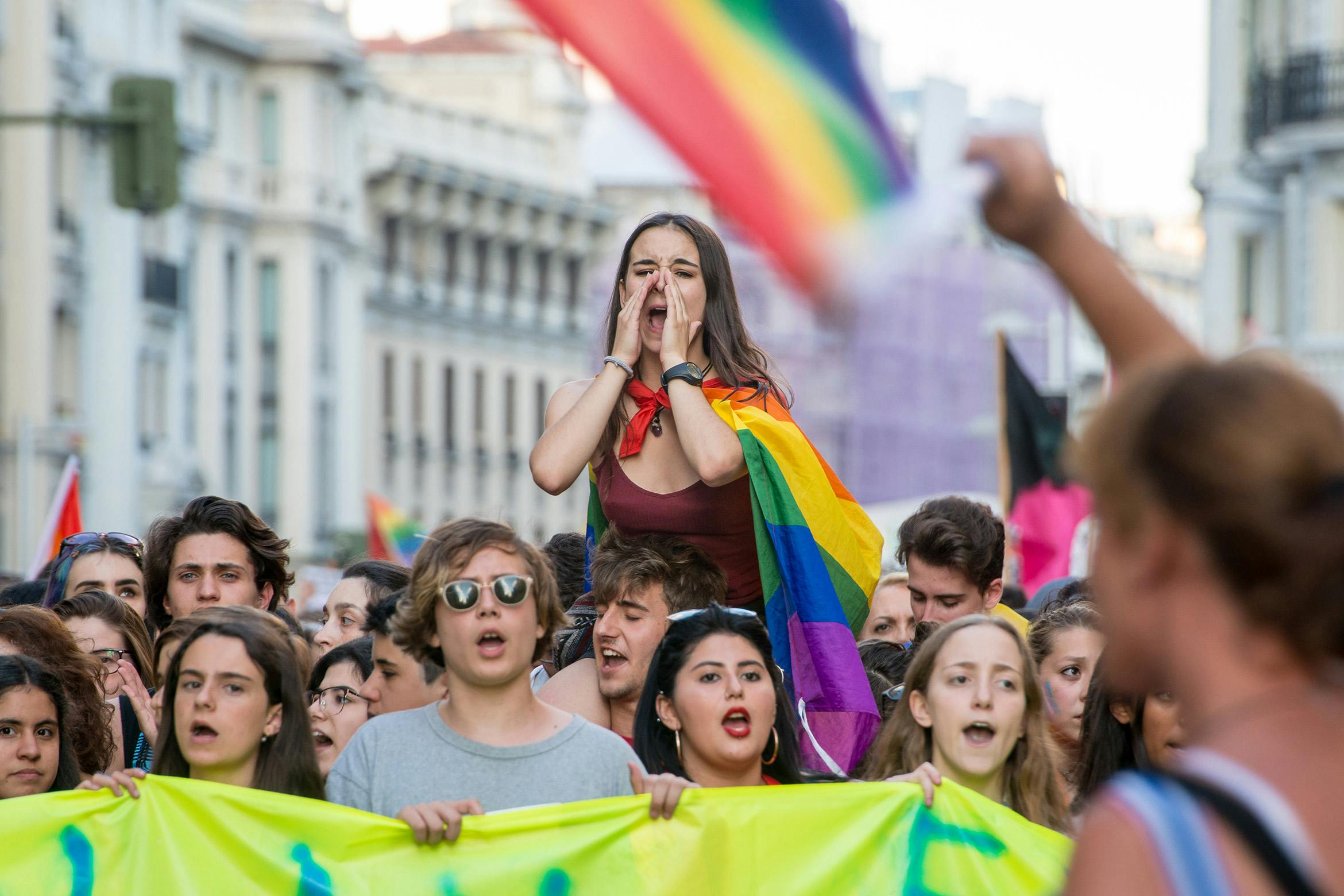

10. Reduced inequalities
The international community has made significant strides towards lifting people out of poverty. The most vulnerable nations – the least developed countries, the landlocked developing countries and the small island developing states – continue to make inroads into poverty reduction. However, inequality still persists and large disparities remain in access to health and education services and other assets. To reduce inequality, policies should be universal in principle paying attention to the needs of disadvantaged and marginalized populations.
Read our stories to learn more about SDG Goal 10: Reduced inequalities


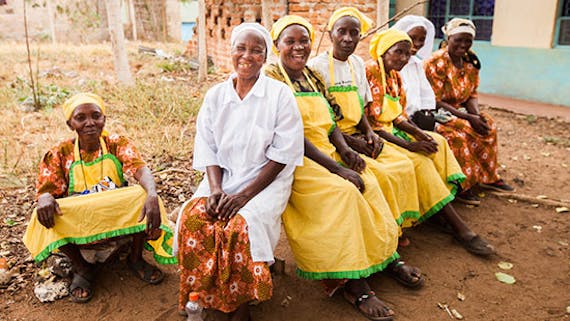
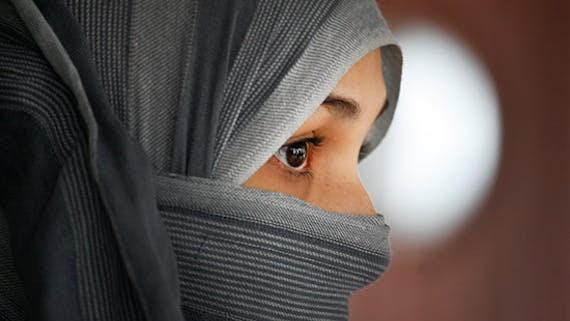
To adopt SDG 10 Reduced inequalities, in support of the 17 Sustainable Development Goals, please contact us at partners@eco-business.com
Adopt this goalNews

Carbon & Climate
China’s draft mining law mandates ecological restoration for first time, but gaps remain

Carbon & Climate
A decarbonising China needs to talk about justice


Policy & Finance
As India votes, young workers hope for jobs and better pay
Carbon & Climate
Can climate lawsuits help to stop global warming?
Carbon & Climate
Why isn’t China’s emissions growth slowing like its GDP?
Opinion

Policy & Finance
Delhi’s dilemma: a growing economy and growing unemployment


Carbon & Climate
Is climate action China’s trump card?

Policy & Finance
Is Southeast Asia's healthcare workforce ready for climate change?
Carbon & Climate
Climate change poses dire health and human rights risks
Videos
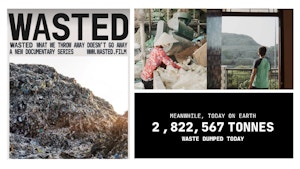
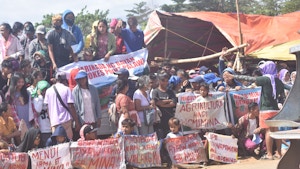
Policy & Finance
As anti-mining protests heighten in the Philippines, industry observers call for ‘prudence’ in police intervention

Policy & Finance
‘No income, insufficient aid’ for Oriental Mindoro fisherfolk after oil spill: Research group

Policy & Finance
‘We are not afraid’: Locals in biodiversity-rich Philippine island fight back against nickel mine
Podcasts


Policy & Finance
The race to insure Southeast Asia against climate risk

Green Buildings
‘Sustainability must be accessible’: Arthaland’s CSO on making sustainable real estate in the Philippines a norm

Policy & Finance
‘We do not just adopt global standards, we respond to domestic challenges’: Philippine central bank exec Lyn Javier
























